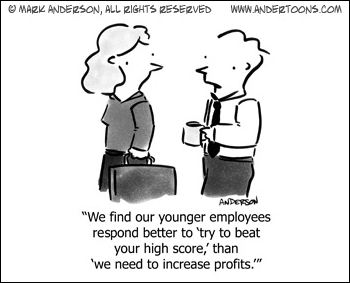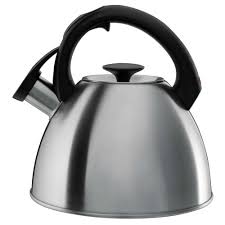There are quite a few articles out there about how Career Fairs are fantastic, or how they can be a “waste of time” but my opinion is this: Career Fairs can be a great opportunity to meet new people, market yourself, and build your base of contacts. Any type of job search activity without a plan won’t be successful, which is why preparation is so important. Below, I have outlined some advice which you can hopefully take with you to your next Career Fair.
BEFORE THE CAREER FAIR
Before you attend the fair, get a list of companies attending and see what jobs are currently available. In the majority of cases, you may be able to apply online prior to the event. Make sure your application and resume are edited for each position, showing how your skills and experience can benefit their company.
Make copies of your resume, even if recruiters at the event tell you to just email it (which you may hear a lot). It is better to have it and hand it to an employer, than leave it at home and show up empty handed. Networking cards are also an effective option- a way someone can contact you, alongside your name and a branded line about the skills you have and the type of position you are seeking. Networking cards are smaller and more convenient than carrying around someone’s resume.
Plan out what you are going to wear. Just like an interview, make sure you try on the outfit ahead of time, and make sure it is presentable and professional. Planning what you wear at the last minute will create an added level of stress. Although Career Fairs aren’t as formal as an interview, you should still use this event as an experience to market yourself and leave a positive impression.
Logistically, seek out the location of the event and get an idea of the parking situation. Show up early, but don’t walk into the event very early. I recommend aiming for 15-20 minutes before the event starts. In some cases, there is a waiting area where you can go grab some coffee. Some employer may arrive late because of long travel distances and traffic, so give everyone time, but being early won’t make you hike too far to find your car when it’s done.
DAY OF THE EVENT
As you get to the event and start heading into the building, get a map of the employer layout. Every employer will have some type of signage, but some may strongly overpower others, and a 6 foot standing banner could block a table in a further row. Take time to walk around casually, to scope out the situation.
A common mistake is to rush to your dream employer and get meeting them out of the way. Even if they are your main goal for attending the event, you shouldn’t rush towards them. Give yourself a chance to get comfortable, and introduce yourself to one or two other companies. This will help you work out any potential issues in how you are introducing yourself.
These events will also have school, military, or job center representatives as well- so if you want to pursue any information outside of jobs, there may be opportunities to do so. In Connecticut, we even offer Resume and LinkedIn profile critiques at our Career Fairs, in order to provide a variety of services to keep job seekers competitive and market themselves well.
As you talk to employers, vendors, and representatives at the event, don’t forget to talk to fellow job seekers as well. More popular employers may have longer lines, so don’t be afraid to flash a smile and introduce yourself. Light small talk or a small joke can break the ice and potentially lead to a great networking opportunity. Whenever you talk to anyone, exchange business or networking cards. Take a minute after you part ways and jot a few notes down about them on the back of their card. Write down the topic you discussed, or maybe a personal detail that came up. Small details will help you remember the person and will make for even stronger thank you cards.
AFTER THE CAREER FAIR
When you leave the Career Fair, you will hopefully have quite a few business cards from employers, and maybe some cards from vendors or fellow job seekers as well. Here’s your time to draft up some follow up emails. In general, keep these emails short; around two to four sentences. Long emails may be overwhelming, but a quick, simple email will continue the positive impression you left with the recipient the day prior.
For the content of the email, tell the contact it was nice meeting them at the Career Fair and you wanted to follow up, sharing that you would be happy to be of help to them if they request. If you are writing to an employer, attach your resume or any other documents that may have been requested. If there are further applications or forms you were directed to, make sure you review our tips for online applications.
As an option to replace contacting via email, you can also see if the person you met is on LinkedIn. I recommend reaching out on LinkedIn to those you met who are fellow job seekers. If you are seeking to get in touch with a recruiter or company representative, then read their LinkedIn profile first. Although I wouldn’t be, some may be not like connecting too soon. As everyone is different, you will notice everyone has a different attitude about connecting with others on LinkedIn. If unsure, I would say email is your safest bet.
Overall, Career Fairs can be a great opportunity for networking events. If you want to meet a representative from a company you have been targeting for some time, then it is in your best interest to get out there and meet with the employer. If nothing else, making connections with fellow job seekers can strengthen your job search dramatically. Practicing how you introduce and market yourself to an employer will also be a skill you will use throughout the rest of your career. So let me know in the poll below, do you find Career Fairs beneficial?







